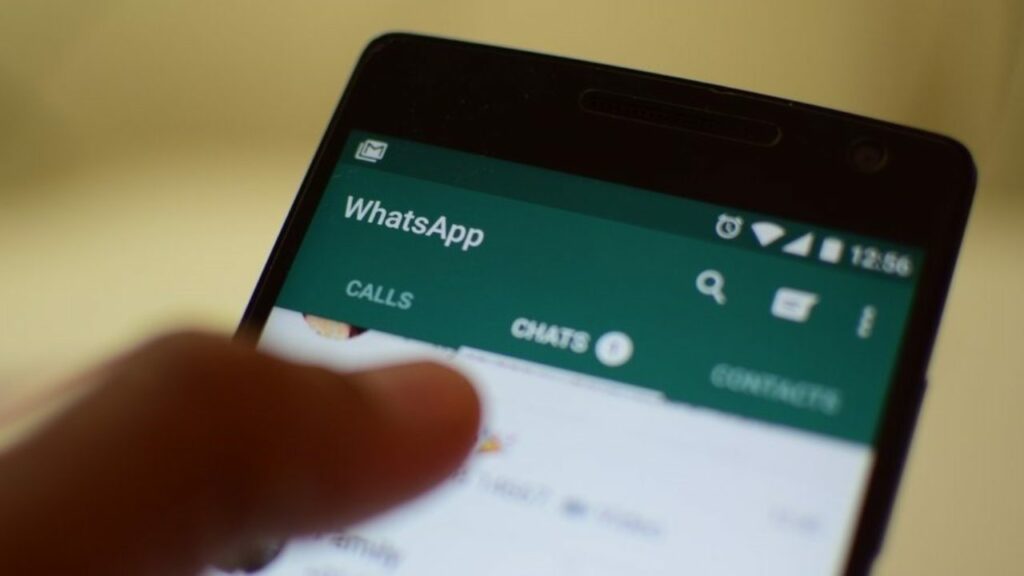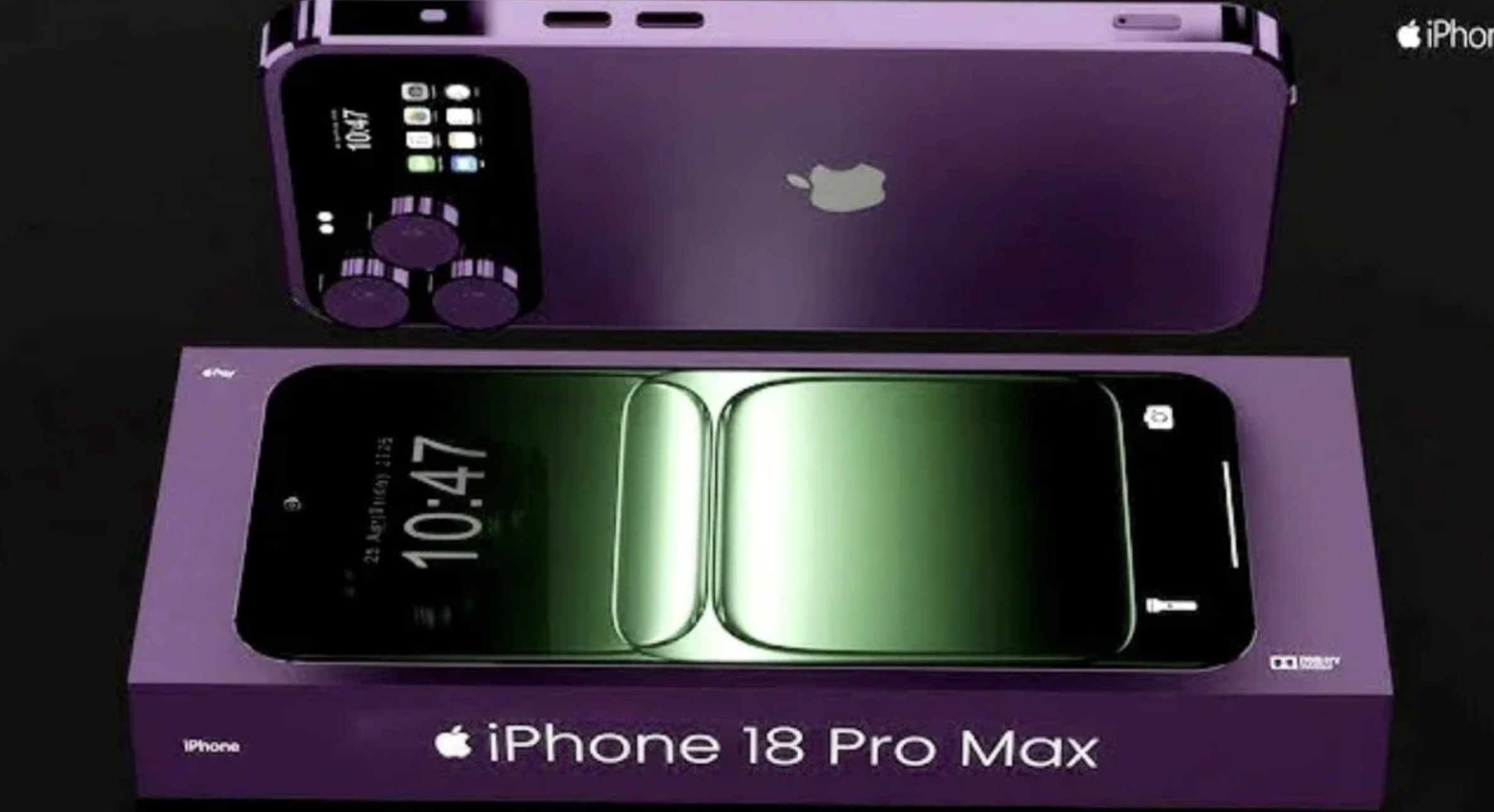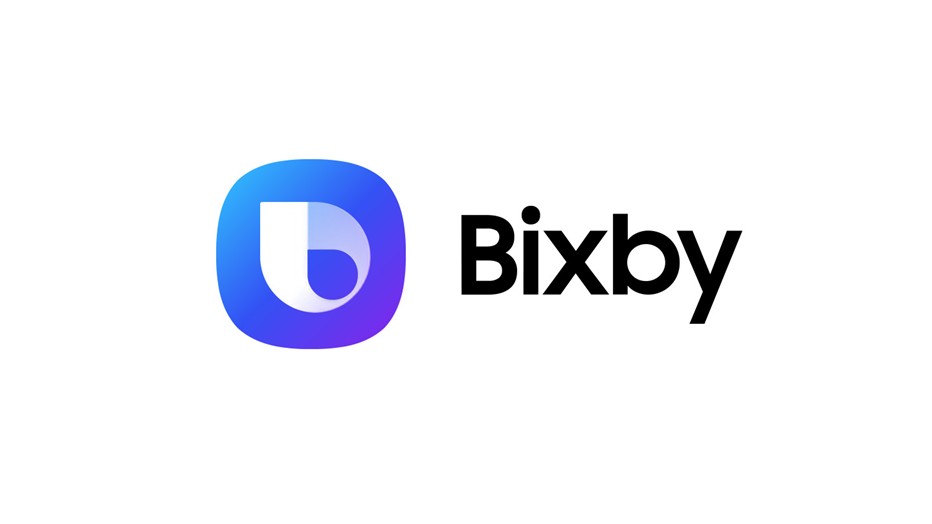WhatsApp engineering director Dick Brouwer has confirmed the messaging platform boasting over 2 billion users intends allowing interoperability with rival networks from May, complying with upcoming EU Digital Markets Act (DMA) rules targeting Big Tech gatekeepers. However, feature parity between native and third-party chats remains unlikely given security implications.

Companies seeking tapping WhatsApp’s enormous reach will sign agreements guaranteeing end-to-end encryption integration for safeguarding message privacy while users get opt-in controls against spam risks from inadvertent exposure to other insecure platforms potentially.
Balancing Openness With Privacy Responsibly
Brouwer noted that WhatsApp walked a tightrope enabling interoperability in a responsible manner without unduly compromising its hallmark security standards or spam protections that citizens expect presently from closed platforms.
Hence new connectivity options will be incremental adopting caution as norms and structures evolve, rather than rushing full-scale protocol sharing immediately that might unintentionally open backdoors or leaks around sensitive financial communication data.
Taking Cues from Apple’s Walled Garden
Industry observers have already noted Apple’s reluctance relaxing its infamously walled garden so far, issuing restrictive App Store terms for enabling iMessage compatibility. With privacy and security forming WhatsApp’s key appeals versus rivals, limited openness seems the only pragmatic way forward.
Interoperability also risks alienating most profitable markets like India where WhatsApp penetration stands unchallenged for Meta. Hence feature differences seem inevitable based on regional priorities.













